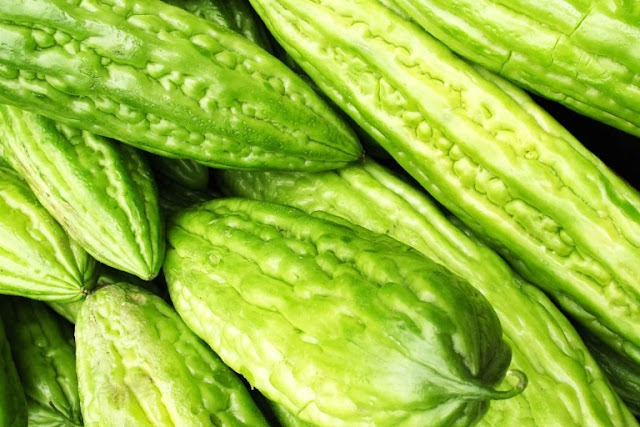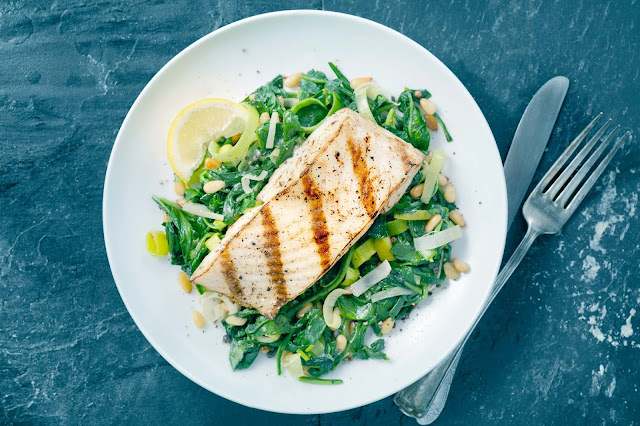
Fatigue is one of the most common and most disabling symptoms of diabetes. What causes all this exhaustion and how can we get our energy back?
Some studies have reported that as many as 85% of people with diabetes experience fatigue, defined as excessive tiredness that interferes with one or more life functions. As a Diabetes Self-Management reader named Donnah wrote, “Since being diagnosed with Type 2 diabetes, my housework suffers dramatically, I don’t do half of the things that I used to do with my child. When I do find the time and energy to do things, I am easily worn out and need to rest. I can’t even keep a job. I am on disability because of it and I hate this.”
Causes of fatigue
How does diabetes make you tired?
• High blood sugar makes blood sticky, so it can’t get through the capillaries as easily to bring oxygen to cells. You know how you get sleepy after a big meal? High blood sugar can mean having that feeling all the time.
• Insulin resistance keeps glucose out of body cells, so they don’t have fuel.
• High blood sugar also causes inflammation. Remember how exhausted you get with the flu? That is, in part, inflammation. The same thing happens with poorly controlled diabetes.
• Hypoglycemia, or low blood sugar, can cause fatigue.

• The mental stress of coping with diabetes can wear out your mind and spirit.
Many other conditions besides diabetes can cause fatigue. If your sugars are under control, but you still lack energy, consider being tested for:
• Sleep apnea, which causes exhaustion and is very common in diabetes. If you wake up tired, ask your doctor for a sleep test.
• Anemia, or a lack of red blood cells or hemoglobin (the protein responsible for transporting oxygen) in the blood.
• Low or high thyroid.
• Low sex hormones, especially testosterone.
• Chronic infections, such as oral, urinary tract, or vaginal infections, which are common in diabetes. Any of them can make you tired.
• Immune and other potentially related conditions, such as chronic fatigue, fibromyalgia, or multiple sclerosis. All of these are more common in people with diabetes.
Then there are things you can’t be tested for, but perhaps can change.
• Deconditioning. If you don’t move, your body gets weaker.
• Stress. This keeps your heart rate and blood pressure up, which drains your energy.
• Bad diet. Sugars and refined grains leave you tired. Consider eating a lower-carbohydrate diet.

• Shift work. Changing hours of sleep and activity confuses your body, and it may be difficult to get the sleep you need.
• Overdoing things. Running yourself ragged will wear you out.
• Depression. If there’s no reason to get up, your body won’t want to.
How to get your energy back
• Sleep better. It should be obvious, but our society denies it. We need to sleep. Before electricity, 9–10 hours a night was normal. Now we’re lucky if we get 7, and many people with diabetes get far less. See a couple of articles on getting better sleep here and here. Ask your doctor to be checked for sleep apnea.

• Naps are also great. It’s totally normal to be sleepy around 1 PM and 3 PM. That’s why many cultures encourage a siesta (rest) in those hours. Most jobs frown on napping, but if you can find a way, embrace your nap.
• Control your glucose better. Do what you can to bring your sugar down, whether it’s diet, exercise, supplements, or medicines.
• Get tested for anemia, thyroid, and other possible causes of your fatigue.
• Ask a pharmacist if your medications could be causing fatigue.
• Try juicing. A reader named Kat commented that since she started “juicing green leafy vegetables in the morning, with some wheatgrass…and eating a higher-protein and -fat, lower-carbohydrate diet, I have shaken off…the extreme fatigue that I used to have every day.”
• Supplements. Ginseng, vitamin B12, magnesium, alpha-lipoic acid, acetyl-L-carnitine, and coenzyme Q-10 are recommended by several authorities.
• Drink water. Dehydration often causes fatigue.
• Get outside more. Sunshine tells your body to wake up. If you can’t get sunshine, maybe buy a full-spectrum light that mimics the sun’s effects. Compact fluorescent lights (CFLs) marked “cool white” or “daylight” are also better than standard incandescent bulbs.
• Breathe. Try to stop what you’re doing every couple of minutes and focus on your breathing for a minute.
• Do some kind of gentle movement like walking or tai chi. Stretch your arms and legs. Sitting or standing still is tiring.
• Do some relaxation. Take breaks. Rest. Meditate or pray.
• Consider counseling for anxiety, depression, or high stress.
• If possible, spend time with people or animals who make you feel alive, not the ones who wear you out. Can you think of one person or creature who makes you feel better?
• Find something you love and apply yourself to it. You might even find something to do on the Internet. My blog The Inn by the Healing Path is full of stories of people healing by committing to what they love.
• Resist the madness. Our society is all about more, more, more. Faster, faster. This approach would fatigue anyone. Let’s focus on quality of life over quantity of stuff done or acquired. Find your personal balance between work, play, improvement, service, and rest.




















































